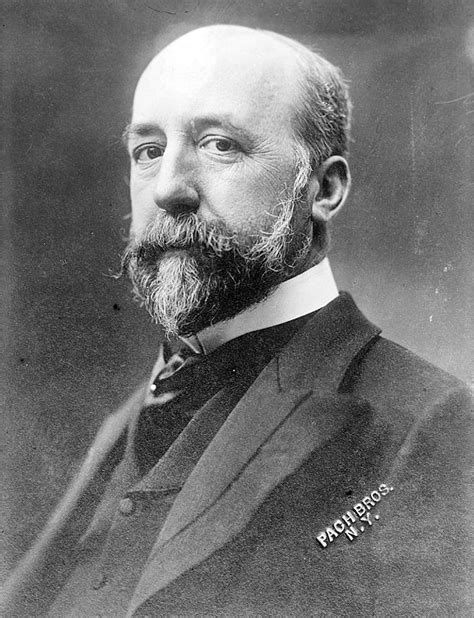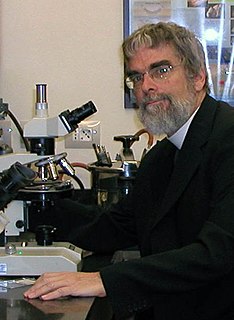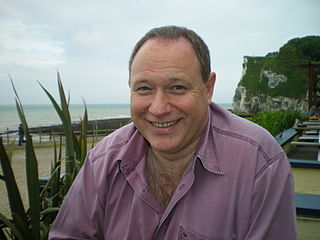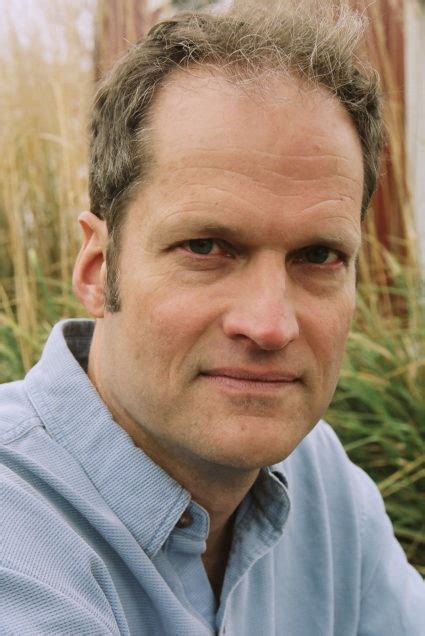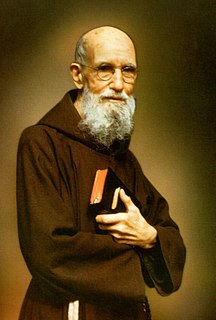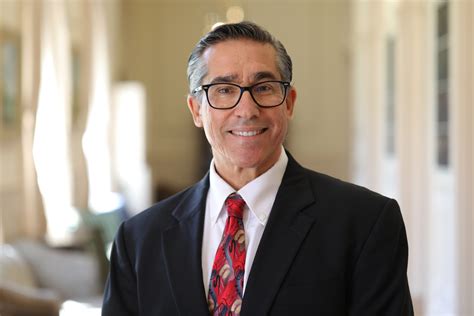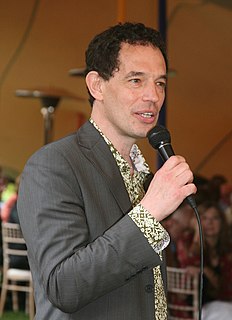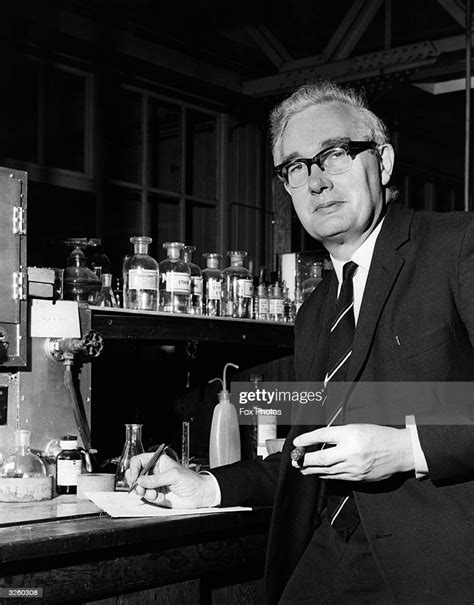Top 1200 God And Science Quotes & Sayings
Explore popular God And Science quotes.
Last updated on April 14, 2025.
But in the end, science does not provide the answers most of us require. Its story of our origins and of our end is, to say the least, unsatisfactory. To the question, "How did it all begin?", science answers, "Probably by an accident." To the question, "How will it all end?", science answers, "Probably by an accident." And to many people, the accidental life is not worth living. Moreover, the science-god has no answer to the question, "Why are we here?" and, to the question, "What moral instructions do you give us?", the science-god maintains silence.
I don't view it as mystic. I believe that God is our father. He created us. He is powerful because he knows everything. Therefore everything I learn that is true makes me more like my father in heaven. When science seems to contradict religion, then one, the other, or both are wrong, or incomplete. Truth is not incompatible with itself. When I benefit from science it's actually not correct for me to say it resulted from science and not from God. They work in concert.
Religion and science have nothing to do with each other, they're about different things, science is about the way the world works and religion is about [...] miracles. [...] And in any case, if you ask most ordinary people in church or in a mosque why they believe, it's almost certainly got something to do with the belief that God does wonderful things, that God intervenes, that God heals the sick, that God answers prayers, God forgives sins.
Each is but a means to an end; in the perfected end we find the intent, and there God — not in the laws themselves, except as his means of revealing himself. For that same reason, human science cannot discover God. For human science is but the backward undoing of the tapestry-web of God's science, it works with its back to him, and is always leaving him — his intent.
In a very real sense my science does inform my knowledge of God. If you would allow me to say that we never know God, because if I claim that I know God, I know something other than God, because God is not knowable, he is unknowable. So we have to approach it in that sense first, that my knowledge of God is always limited.
The 'stream' we call science always flows forward; sometimes reactionary beavers block its flow, but the stream is never defeated by this; it accumulates, gathers strength; its waters get over the barrage and continue on their course. The advancement of science is the advancement of God, for science is nothing but human intelligence, and human intelligence is the most valuable treasure God has bequeathed us.
Religion needs science to keep it away from superstition and keep it close to reality, to protect it from creationism, which at the end of the day is a kind of paganism - it's turning God into a nature god. And science needs religion in order to have a conscience, to know that, just because something is possible, it may not be a good thing to do.
Many people correctly make the point that our only hope is to turn to God. For example, Charles Lindbergh, who said that in his young manhood he thought "science was more important than either man or God," and that "without a highly developed science modern man lacks the power to survive," . . . went to Germany after the war to see what Allied bombing had done to the Germans, who had been leaders in science. There, he says, "I learned that if his civilization is to continue, modern man must direct the material power of his science by the spiritual truths of his God."
In the realm of science, all attempts to find any evidence of supernatural beings, of metaphysical concepts, as God, immortality, infinity, etc have thus far failed, and if we are honest, we must confess that in science there exists no God, no immortality, no soul or mind, as distinct from the body.
I believe in rendering to science the things that belong to science. I have no problem with evolution or discussions of the age of the Earth, for I don't believe that we come anywhere near comprehending the mind of God or the workings of the universe. Science can explain a lot, but it cannot give us faith, and I think we need both.
What it does remind us is that 'God' is not to be separated from the quest for the Kingdom of God and is not and cannot be the object of any detached 'scientific' contemplation. Heidegger's critique of onto-theology is also driving a wedge between speaking of God and the aims of science - not so as to get rid of God but rather to free God from a false objectification.
I think evolution should be taught as an accepted principle. I say that also as the daughter of a school teacher, a science teacher, who has instilled in me a respect for science. I think it should be taught in our schools. I won't ever deny that I see the hand of God in this beautiful creation that is earth. But - that is not a part of state policy or a local curriculum in a school district. Science should be taught in science class.
Almost all religions provide opportunities for human beings to convince themselves of their own righteousness, to speak in the name of God, and even to go to war on God's behalf. This 'blasphemy of certainty' is also rife among secularists who in their case have not God but science or the proletariat on their side.
Faith does not protect you. Medicine and airbags... Those are the things that protect you. God does not protect you. Intelligence protects you. Enlightenment. Put your faith in something with tangible results. How long has it been since someone walked on water? Modern miracles belong to science. Computers, vaccines, space stations... Even the divine miracle of creation. Matter from nothing... In a lab. Who needs God? No! Science is God!
So much confusion about belief in God, morality, and science arises, not from what people say they believe, but rather from mistaken assumptions about God, morality, and science that they don't know they believe. In Three Theological Mistakes, Ric Machuga, with clarity and grace, explains the genesis of these mistakes and provides the intellectual tools by which we can recover from them.
I build molecules for a living. I can't begin to tell you how difficult that job is. I stand in awe of God because of what he has done through his creation. My faith has been increased through my research. Only a rookie who knows nothing about science would say science takes away from faith. If you really study science, it will bring you closer to God.
It is time to create new social science departments that reflect the breadth and complexity of the problems we face as well as the novelty of 21st-century science. These would include departments of biosocial science, network science, neuroeconomics, behavioral genetics and computational social science.
He who has spent billions on churches, on mosques and on every kind of sanctuaries is guilty of not giving that money to the science! The path of sanctuary does not lead to God; the path of the faith does not lead to God; only the path of science leads to God! The bridge between man and the unknown God is not worshipping but it is science, only the science!
















